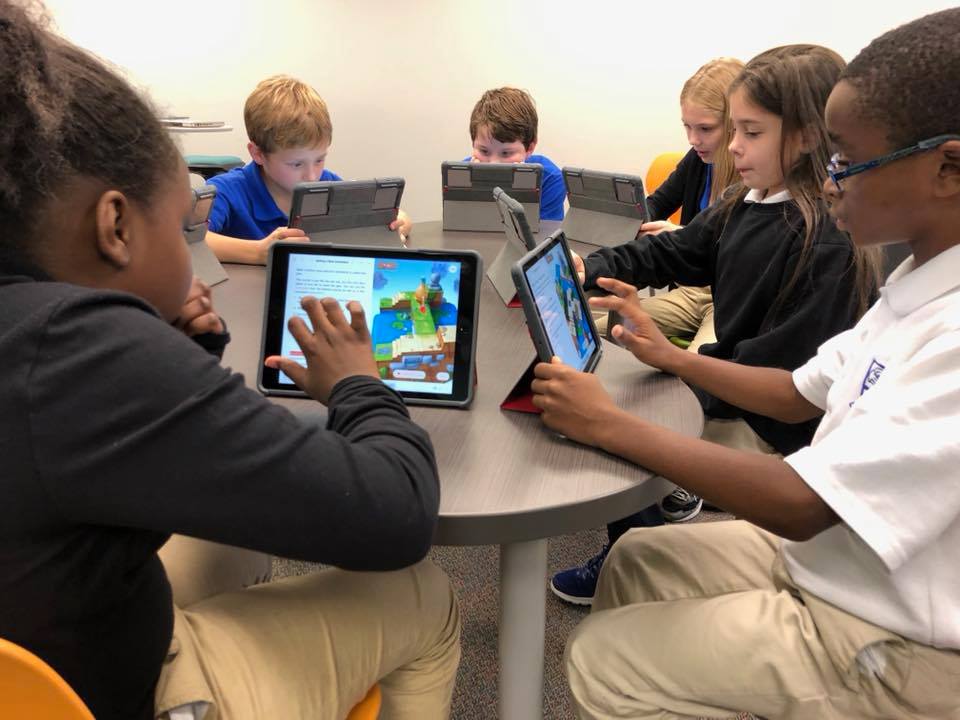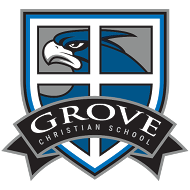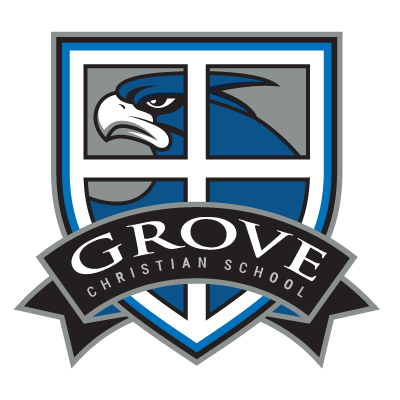21st Century Learning

The term, “21st Century Skills,” generally refers to core competencies that include collaboration, digital literacy, critical thinking, and problem-solving that schools need to teach to help students thrive in a 21st-century world. At Grove Christian School, we believe that thriving in a 21st-century world includes engaging the mind, body, and spirit of the whole child in 5 C’s: Christian Character, Creative Thinking, Critical Thinking, Communication, and Collaboration.
Powerful learning of this nature demands well-prepared teachers who draw on their own spiritual development in the Word and through advances in cognitive development and best instructional practices for engagement. These teachers are strategically organized in teams, design student-centered instruction that engages the learner and participates as a member of a community of dedicated professional learners. These professionals integrate technology and a Biblical worldview meaningful into the design of instruction and man emerge as “teacherpreneurs” who work closely with students to develop opportunities afforded by technology to be used to re-imagine 21st-century education, focusing on preparing students to be learners for life.
Milton Chen, author of Education Nation: Six Leading Edges of Innovation in Our Schools, writes that:
Twenty-first-century learning builds upon such past conceptions of learning as “core knowledge in subject areas” and recasts them for today’s world, where a global perspective and collaboration skills are critical. It’s no longer enough to “know things.” It’s even more important to stay curious about finding out things.
The challenge for the 21st Century School is to create learners who are willing to take intellectual risks, create environments that foster learning dispositions, and building a community that empowers students to engage locally and globally so that they may become leaders and impact the world for Christ.




